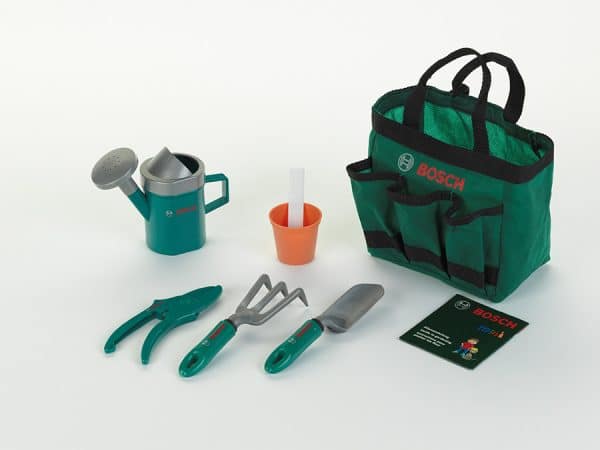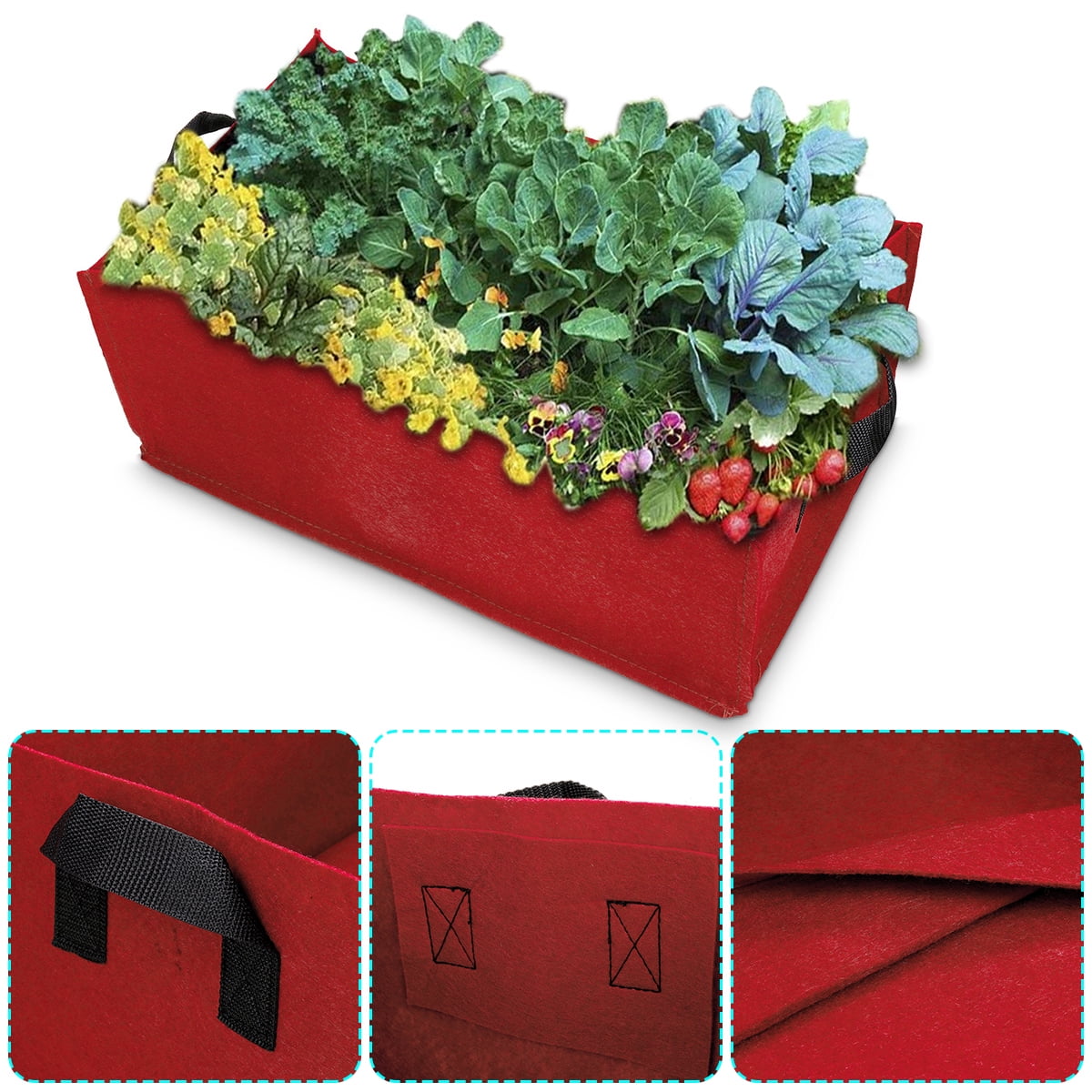

Technically, a seed potato is not a potato seed. In February of their 1st-grade year, this class was moving on to examine the story of a particular seed that wouldn’t fit in a seed packet, the Makah Ozette potato. This seed sharing ritual has become a joyous annual activity for my students.Ĭlassroom activities shift slightly from year to year with each type of seed.

These seed packets are distributed to local gardeners at Neighbors Nourishing Communities’ annual plant and seed handout, in order to, as 2nd-grade student Tia puts it, “Spread the seed we need!” 2021 marks our sixth year of partnership with the organization. Throughout the school, students design and decorate seed packets to fill with seeds they have saved from the garden. We donated the rest of the seeds to our school’s service-learning partner, Neighbors Nourishing Communities, a nonprofit that addresses local food insecurity by distributing gardening resources to those in need. Some of our pea and squash seeds made it back into the ground, planted for next year’s harvest. This particular squash was the North Georgia Candy Roaster, a fruit the students learned was originally grown by Cherokee tribes in the southern Appalachians for more than 100 years. All it takes is an email to ask for last year’s unsold seed packets.īy their 1st-grade year, they have picked dried pea seeds from withering plants in the school garden and scooped slippery seeds out of squash cavities. Some of these seeds were saved from the garden or my days in farming, but most of them were freely given from seed companies. Since kindergarten, we have played with all sorts of different seeds to create patterns, organizing them by shape, size, or color. Through the stories of seeds and the celebration of their own food heritage, I aim to ingrain that shared value so that they can define food sovereignty for themselves. This perspective takes time and practice to cultivate. The term food sovereignty has little meaning to a student who does not value their own cultural heritage, much less someone else’s. The foundation my students need to fully understand this term takes time to build in a capitalist society and educational system, where the dominant narrative does not value diverse cultural ways of knowing. “Food sovereignty” will not be part of their vocabulary until 5th grade. I want to empower my students with the choice between a seed that sustains people and ecosystems and a seed that destroys them. There are seeds that are forced upon farmers by global agribusiness, extinguishing biodiversity, establishing an addiction to synthetic fertilizers and pesticides, and destroying livelihoods. There are seeds whose stories have been lost to colonization and oppression. There are seeds with stories of resilience that preserve cultural traditions and feed the communities that protect them. The impacts of the seeds that grow our food reverberate through cultural and environmental landscapes. To understand a seed’s impact gives my students power: the power to choose what kind of a world they want to grow. To know the story of a seed enables an understanding of that seed’s origins and impacts. The international community of peasant farmers, La Vía Campesina, defines food sovereignty as “the right of peoples to healthy and culturally appropriate food produced through ecologically sound and sustainable methods, and their right to define their own food and agriculture systems.” Within this framework, I see an opportunity to empower my students as seed savers, protecting cultural heritage through healthy food.Įvery seed has a story. Through the stories of seeds, I want my students to experience the cultural foundation of food sovereignty. Seed studies form the backbone of this agricultural programming. Throughout the year, students explore subjects like math, language arts, science, and history through hands-on agricultural observation and practice. I teach agriculture at a charter school in Oregon that roots classroom content in an agricultural framework.

“Every seed has a story,” I say as I hold up a small potato for 20 sets of 1st-grade eyes.


 0 kommentar(er)
0 kommentar(er)
